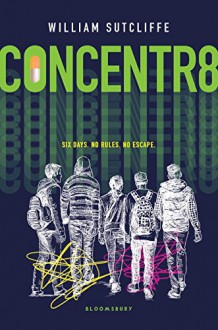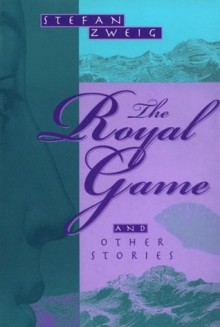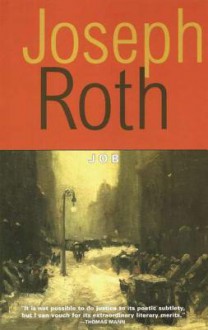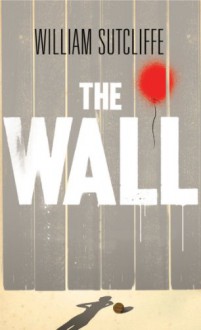
The passing of the one hundredth Remembrance Day since the end of the Great War 1914-18, last November, gave good reason (if it was needed) to revisit some of the written records of that gloomy period of European history. Often poignant, the poetry, letters and tragic lists of the fallen offer reminders, lest we forget, of the sacrifice of a generation. However, given the colossal loss of life, what sometimes appears absent from contemporary accounts is a view from the non-commissioned ranks, a ‘Tommy’s’ experience from the trenches of the front lines. As such, this memoir by Cpl Sam Sutcliffe, collated/edited by his son Phillip, offers a telling insight into the chaos of conflict visited on so many and the mind-set of those so often cast as ‘cannon-fodder’. Even allowing for the retrospective writing of this lengthy book, the vivid descriptions created by the author and the accompanying endnotes, cross-referencing a wide range of confirmatory material, make this a sobering but compelling read.
The title of the book gives an immediate flavour of the self-effacing humility of the author and yet he goes on to describe joining up aged just sixteen, with his older brother (Ted) and friends (in fact, Sam lied about his age, as the youngest recruit allowed was 19). The swell of public patriotic fervour in 1912 and the casual acceptance of the need to do ‘one’s duty’, in hindsight, seems naive. Moreover, the apparent absence of apprehension suggests a misunderstanding of the carnage of war. The phlegmatic acceptance of Sutcliffe’s parents to their young son’s decision also perhaps an echo of the national willingness to tolerate sacrifice. Though later, conscription became necessary and through his journey the author develops a certain cynicism about those who avoided service altogether and those who sought to distance themselves from the trenches at the front line, tempered only by the psychological breakdowns he witnessed there.
Subsequently Sutcliffe’s tender age did confer a temporary reprieve. Still not eighteen, the author had already fought in the ill-fated Gallipoli campaign and the first battle of the Somme, rising to the rank of acting Sergeant, when he was plucked briefly to safety until 1917 (when he became nineteen) and could be returned to the western front, in time for the anticipated Spring offensive. Captured during that monumental effort by Germany to end the war, Sutcliffe relates his subsequent experience as a prisoner-of-war and an equally challenging personal struggle to just stay alive and survive the attendant risk of disease and privation.
This book is an extraordinary account of a teenager’s experience of a brutal conflict that culminated in a vast body count. After Gallipoli (wherein having been evacuated his unit was returned to cover the withdrawal of the foremost positions), the author laments the decimation of his original battalion of volunteers from London, culled from a thousand men to around just two hundred. Indeed the scale of this loss appears to haunt Sutcliffe throughout his account and his perspective clearly changes regarding the veneer of national pride, which he sees laid bare amid such abject failure.
At times the book reads like a novel. For example, the author is separated from his brother early on, but their paths cross several times in the course of the war. Yet, there is no disguising the sense of relief when the siblings both survive, albeit Ted’s exposure to gas in the trenches had a lasting effect. No commentary on the strategic mistakes pored over by historians in subsequent decades, nor criticism of the class system which conferred leadership roles on some ill-equipped to inspire others, though Sutcliffe does single out a couple of officers revered for their compassionate and resilient example, who did indeed lead from the front. Nonetheless, the reader is left with the distinct impression that notwithstanding his protestations to the contrary, Sam Sutcliffe’s contribution was indeed heroic and it is the collective efforts of many such ‘nobodies’ and a preparedness to do their ‘bit’ that ultimately made the crucial difference. We shall remember them...

 Log in with Facebook
Log in with Facebook 












